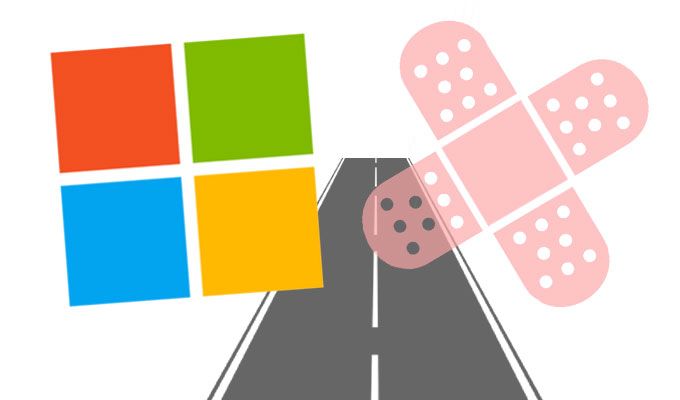Security News

BlackBerry CEO John Chen and the research director from Gartner's endpoint and operations security group delivered speeches at the opening keynote. Ahead of the event, BlackBerry announced new security products and services including Cyber Suite and BlackBerry Persona Desktop.

Cybersecurity researchers have found critical security flaws in two popular industrial remote access systems that can be exploited to ban access to industrial production floors, hack into company networks, tamper with data, and even steal sensitive business secrets. The flaws, discovered by Tel Aviv-based OTORIO, were identified in B&R Automation's SiteManager and GateManager, and MB Connect Line's mbCONNECT24, two of the popular remote maintenance tools used in automotive, energy, oil & gas, metal, and packaging sectors to connect to industrial assets from anywhere across the world.

In a report shared with The Hacker News today, Check Point researchers disclosed details about a critical vulnerability in Instagram's Android app that could have allowed remote attackers to take control over a targeted device just by sending victims a specially crafted image. According to an advisory published by Facebook, the heap overflow security issue impacts all versions of the Instagram app prior to 128.0.0.26.128, which was released on February 10 earlier this year.

In a report shared with The Hacker News today, Check Point researchers disclosed details about a critical vulnerability in Instagram's Android app that could have allowed remote attackers to take control over a targeted device just by sending victims a specially crafted image. According to an advisory published by Facebook, the heap overflow security issue impacts all versions of the Instagram app prior to 128.0.0.26.128, which was released on February 10 earlier this year.

During those updates, fixes for the two flaws were issued for Windows 10, Windows 7, Windows Server 2008, 2012, 2016, and 2019; as well as Windows Server. "Microsoft is announcing the availability of security update 4578013 for all supported versions of Microsoft 8.1 and Windows Server 2012 R2," according to Microsoft's Wednesday advisory.

Cloudbric has introduced an alternative to traditional VPNs, that monitors and blocks unusual and malicious access. The company utilized its award-winning cybersecurity technology to develop a remote access solution that provides a cloud-based, secure channel for remote access while blocking out hack attempts, malware, malicious bots, intrusions originating from black IPs, and even DDoS attacks.

Cato Networks shared its increase in remote access usage post coronavirus outbreak. SDP is a new approach for delivering secure remote access to applications, whether on-premises or in the cloud.

Cato Networks shared its increase in remote access usage post coronavirus outbreak. SDP is a new approach for delivering secure remote access to applications, whether on-premises or in the cloud.

Aimed at students and faculty at colleges in the US, this phishing campaign tried to infect machines with the Hupigon remote access trojan, says security provider Proofpoint. In a new campaign discovered by Proofpoint, scammers used adult dating photos as a way to infect people at colleges with malware.

Google has made available BeyondCorp Remote Access, a cloud-based, zero trust service that allows employees, contractors and partners to securely access specific corporate resources from untrusted networks without having to use the company's VPN. The goal is to help companies with a suddenly massive remote workforce from overburdening the company's VPN infrastructure. BeyondCorp Remote Access is a subscription-based service that is available through Google Cloud.